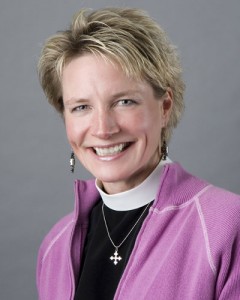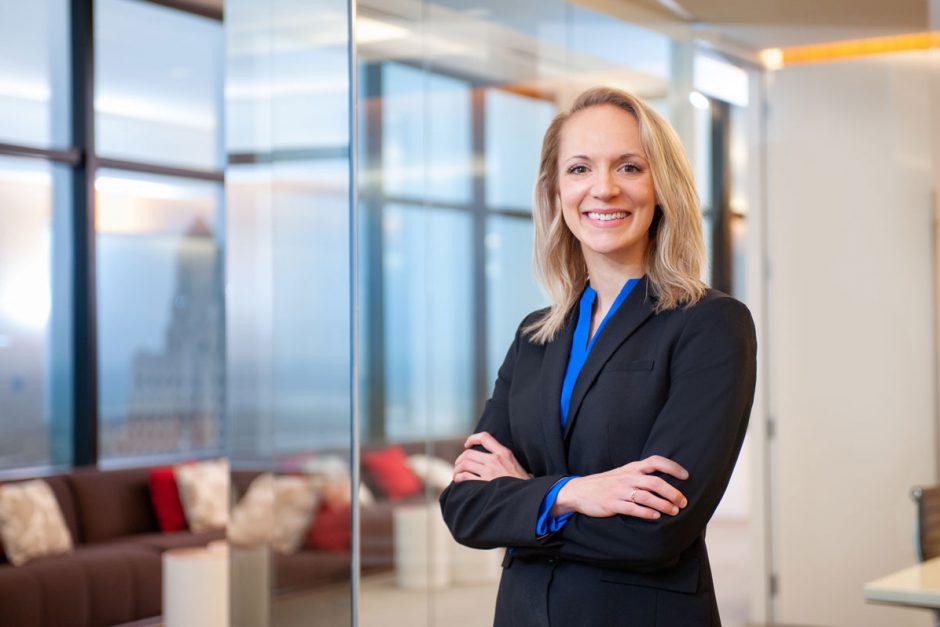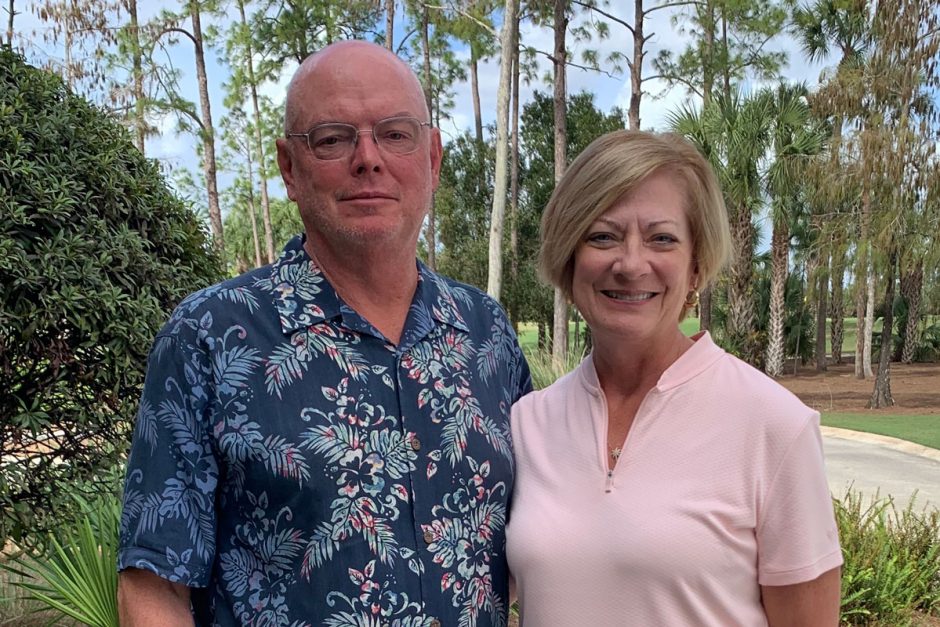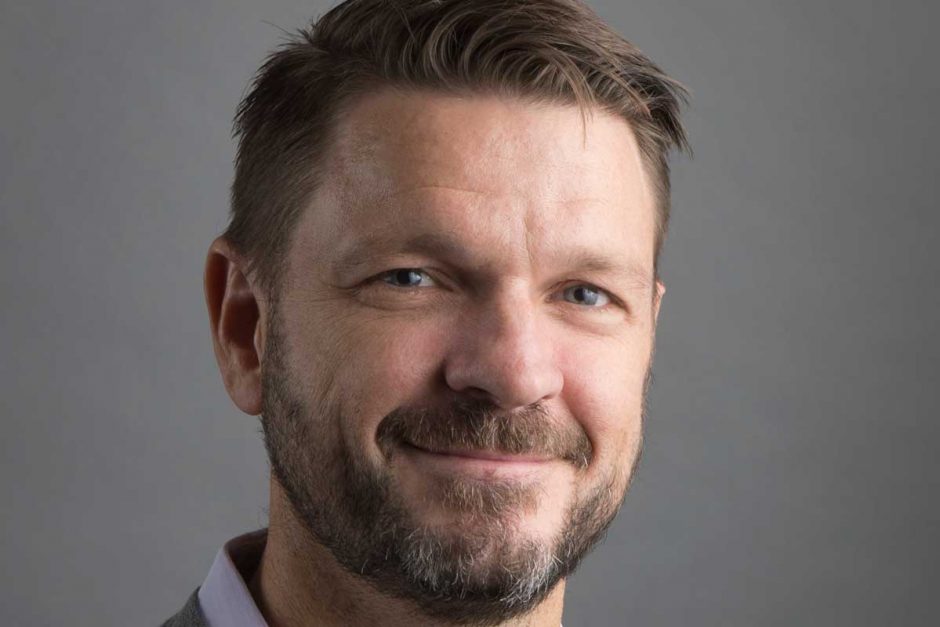Recognizing the Divine in everyone
Catherine Quehl-Engel ’89, D.Min., M.Div., M.A. is a Christian mystic and Episcopal priest serving in her 19th year as chaplain of Cornell College. This past spring she completed her doctoral dissertation titled Deep Abiding: Praying, Living, & Loving From The Inside Out on the use of interior prayer/compassion meditation for both personal and communal healing. Catherine’s joys: Daughter, Rachel, life mate, Craig Engel ’87, and dog, Atticus Finch; long runs alongside flowing Iowa fields; belly laughter; spiritual landscape painting; preaching and teaching mind-body-Spirit practices; serving as a healer through reiki/healing touch spiritual ministry; studying Christian and Eastern contemplative wisdom traditions; and Sunday night shows on Iowa Public Television.

Q: How do you approach serving a multi-faith campus?
A: First, as a Christian and chaplain, I attempt the intention of quietly recognizing and loving the Divine in those whom I encounter. Other traditions also speak of this spiritual and ethical stance. Second, I invite students, faculty, and staff to explore and honor the distinct gifts of their spiritual inheritance, that of others, as well as the spiritual practices and healing wisdom our faiths share in common (i.e. humility, forgiveness, and loving kindness toward the downtrodden and stranger). With this interspiritual literacy and love also comes the need for a healthy dose of theological humility—the late, great 20th century rabbi, Martin Buber, spoke of this transcendent aspect of the Holy bursting apart all our human attempts to define and thus confine the Divine.
This above mingling of interspiritual literacy, love, and theological humility reflects the charge to love God and neighbor as self. These are ways Cornell students and the rest of us can positively engage in citizenship as instruments of healing peace at a time when humanity has great need of living with awareness of our inter-connective oneness on this, our fragile earth and island home.
Q: Who on campus had the biggest impact on you?
A: Religion professor David Weddle gave us permission to question and wrestle with God over human suffering—as a prayer form. At least that’s how I’ve interpreted it ever since I first heard him question God for allowing the starvation and exploitation of children, doing so from the pulpit of the local Presbyterian Church during New Student Orientation my freshman year. I didn’t know this was allowed. I think my mouth gaped open the entire time. Weddle’s teaching in and beyond the Problem of Evil class opened us to diverse understandings of God including within the Bible, correctives to painful pat religious “answers” in the face of suffering, and even helped heal some old childhood wounds.
Professor Charles Vernoff introduced me to archetypal, symbolic ways of thinking for my mystical wiring. He also introduced us to Christian theological underpinnings for interfaith dialogue, particularly Jewish-Christian relations from the early Church up through the Holocaust.
Like some of the students I care for in my role as chaplain, when I was a student I’d go sit in Rev. Thomas’ office when I was in need of an assuring presence in those times of feeling a little lost, vulnerable, or searching. Rev. offered heart. Hope. Also mentoring in interfaith relations and ultimately the vocation of college chaplaincy.
Q: Where would you most like to visit?
A: To one day walk the Camino de Santiago, the ancient Christian pilgrimage route that starts in France and ends in Santiago de Compostela, Spain.
Q: What qualities do you most admire in others?
A: Tenderness. Sincerity. Humility. Humor.



